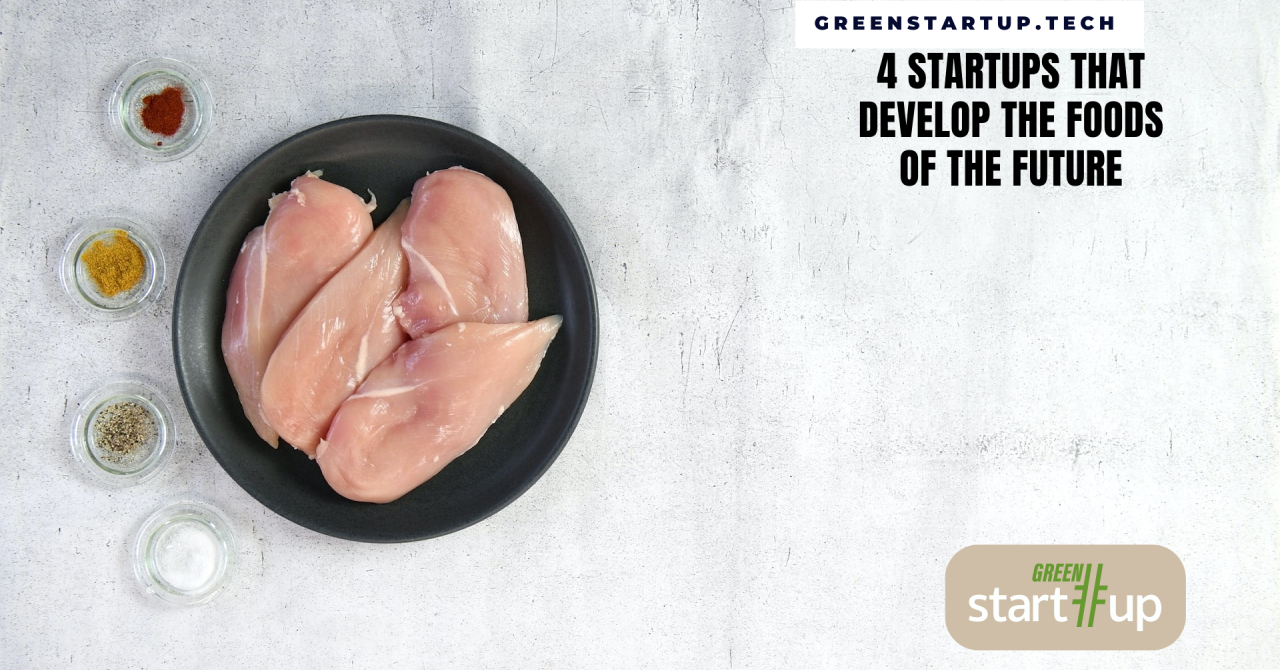Some food companies have gotten more creative recently with regards to what type of foods they want to replace, but most of them tackle one thing, that being meat.
Lab grown meat from animal cells
One such company is Upside Meats, which tries to bring an alternative to our traditional meat-based dishes.
By "growing" the actual product in special compartments, the company doesn't reach out to plants for the necessary ingredients, but to animals themselves.
This has important advantages, since humans will still be able to enjoy the taste of animal protein, without actually slaughtering any cattle, chicken or other beings that would have otherwise been sacrificed.
Fruit-based sweeteners, the solution to food waste
Some countries don't have enough food to properly feed its population, while others generate waste by not consuming everything and being picky about their choices.
To combat this, a Netherlands-based company decided to turn unwanted fruits into nautral sweeteners.
The team behind Fooditive needed some 11 years to perfect the product, but now, it is confident that the fruit-based sweetener will be able to compete with sugar on a taste level, while bringing the health-related benefits of fruits.
This way, the company can find value in what would otherwise be waste streams of good, nutritious food.
Plant-based bacon, how is it possible
With plant-based meat alternatives, some of the challenges are nailing the texture, the taste and the overall look.
This gets even trickier for special meat products, such as bacon, but Umaro Foods is a startup that believes it finally has this product covered.
Beth Zotter, the CEO of California-based Umaro Foods, says that in order to develop this alternative, her team used algae as a base product.
She explained that this was a better solution compared to soybeans, because algae can produce as much as five times more protein compared to it per 4.000 square meters, which is important when trying to replicate a juicy meat product.
Cell-based sushi could soon hit Japanese restaurants
As a big fan of sushi, this intrigued me, as marine wildlife is constantly in danger due to overfishing and pollution, besides other problems.
But Wildtype believes that it will be able to save the population of Pacific salmons with the company's sushi-grade cell-based lab alternative.
Similar to Upside Meats, Wildtype's solution aims to be healthier, while protecting the species at the same time.

The company already collaborates with some fast-food restaurants to be able to serve its products to customers, as it waits for approval from the Food and Drug Administration.
 Mihai - Cristian Ioniță
Mihai - Cristian Ioniță
 As Upside Meats recently got approval for its products from the Food and Drug Administration, it can now start to make as many as 22 tons of lab-grown meat per year.
As Upside Meats recently got approval for its products from the Food and Drug Administration, it can now start to make as many as 22 tons of lab-grown meat per year.











Any thoughts?